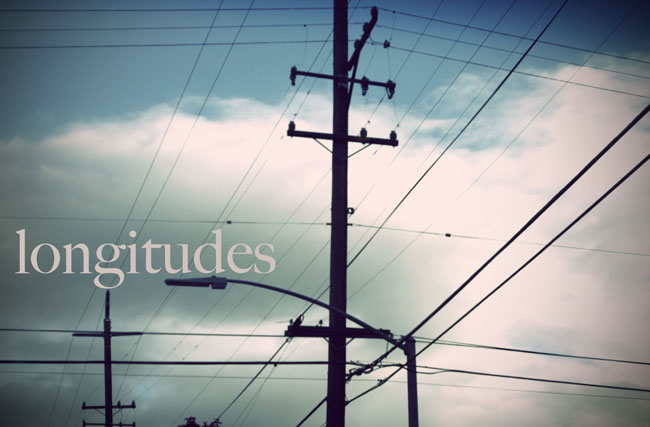(Note: Apologies for the long post on the front page. Blogger's jump-cut tag is messing up our blog sidebar, so I took it out. Silly Blogger. I'll figure it out later.)
This post would have been more appropriate when we were all revising our pieces for Thrust, but I'm publishing it anyway, because God knows we writers are always revising.
Always! Revising!
Earlier this year, Believer Magazine published writer Gary Lutz's 2008 lecture at Columbia University. In it, Lutz argues that: "The sentence is the site of your enterprise with words, the locale where language either comes to a head or does not."
Lutz explains his own process of revising and polishing sentences, getting the words to "lean on each other, rub elbows, rub off on each other, feel each other up." and talks us through sentences by Christina Schutt, Gordon Lish, Don DeLillo, and Sam Lipsyte, explaining why these jewel-like examples are effing brilliant.
I'm a big fan of his stuff (yes, despite the fact that many of his characters are kaliedescopic copies of each other and the fact that his narratives, at times, just feel like sequences of unlinked events). You rarely read sentences built like his, and his stories' conclusions have a dreamy sort of imagistic logic.
In the lecture, Lutz says that after reading Barray Hannah:
...I knew exactly what I wanted to try to write: narratives of steep verbal topography, narratives in which the sentence is a complete, portable solitude, a minute immediacy of consummated language -- the sort of sentence that, even when liberated from its receiving context, impresses itself upon the eye and the ear as a totality, an omnitude, unto itself.
Pretentious? Uh, probably. But hell, if you write sentences like this one, from "SMTWTF:"
There was a girl beside him, a tall leg-crosser with a haphazardry of oranged hair.
Or this one, from "I Crawl Back to People:"
He had already burned through enough people without penalty, and I had a way, when passing alone through an entrance, of keeping the door held open a little behind me, in the event of a follower, anybody ridden with a misfit genitalium at a standstill.
Or this one, from "Contractions:"
I spent the night out with the kid who considered himself my boyfriend -- a gripless Puerto Rican who always had an unlit cigarette slanted apostrophically into his mouth.
...then I'm okay with your claims to "narratives of steep verbal topography." Because, really: Genitalium? Apostrophically? Haphazardry? Awesome. Anyone who uses words like these (and "palimsestic," and "befucked") has my vote.
These sentences, obviously, are the result of hours and hours of painstaking revisions. In the published lecture, Lutz explains how he undertakes revisions, playing with internal rhymes, assonance, "communities of sound and shape," and "pressing one part of speech into service as another." It's a fascinating primer on creating this sort of beautiful sentence. Well worth reading.
At the end of the lecture, Lutz admits:
Granted, there can be a downside to the kinds of isolative attentions to the sentence I have been advocating. Such a fixation on the individual sentence might threaten the enclosive forces of the larger structure in which the sentences reside.... A piece of writing consisting ultimately of an aggregation of loner sentences might well strike a reader as stupefyingly discontinuous, too dense to enchant.
This is my main problem with Lutz's work as well: the intensity of the fireworks overwhelm the narrative itself. I have to ingest his stories in small doses, and they frequently feel claustrophic, static, and, um, depressing.
Give his lecture a read when you're about to revise your stuff. It's intense. And helpful.
